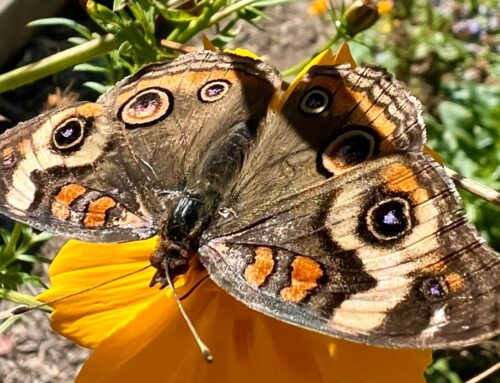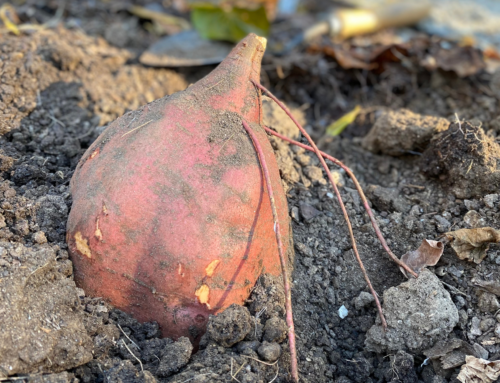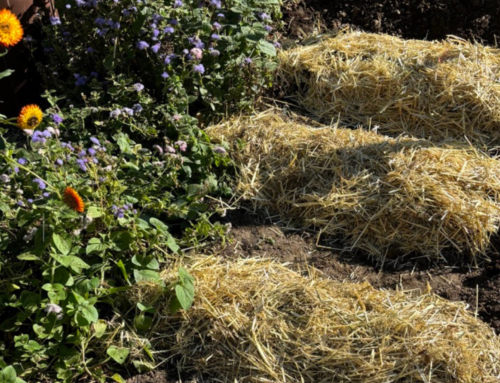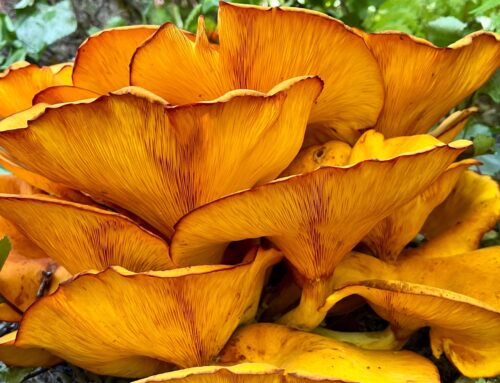Spring 2023 has been anything but predictable. As temperatures swung wildly from unseasonably warm to downright cold and day after day went by without rain the garden needed a new plan. Should we sow our broccoli seeds on time? Start the seeds indoors? Skip them entirely and move right on to tomatoes? What’s a gardener and a garden to do?
Adapt. We are embarking on a new era of gardening in a time of climate change, and flexibility and resilience are the aim of the game.
Here’s 5 things we’re doing to adapt in Lucille’s Garden:
1. Relying on companion planting. Our theme in the garden for 2023 is “Companion Planting”; you’ll notice that everywhere in the beds next time you visit. Herbs, flowering annuals, and different crops are planted together to attract beneficial insects and repel pests. With the warm weather, pest species got a head start this year. In particular, slugs paid us a visit when we planted our purple-sprouting broccoli. At least, that is, until we interplanted cilantro. This fragrant herb, combined with an edging of marigolds, helped our broccoli get established.
2. Watering every day. All good gardeners know you should never count on rain that hasn’t fallen. We’re lucky to have a good hose in Lucille’s, and we’ve certainly put it to use watering the crops and beds almost every day.
3. Taking advantage of microclimates. Plants like beans and peas that will climb trellises can help shade cool season crops to help them keep producing longer. You can also use sheltered areas by buildings to protect fragile plants from weather that’s too cold or too warm.
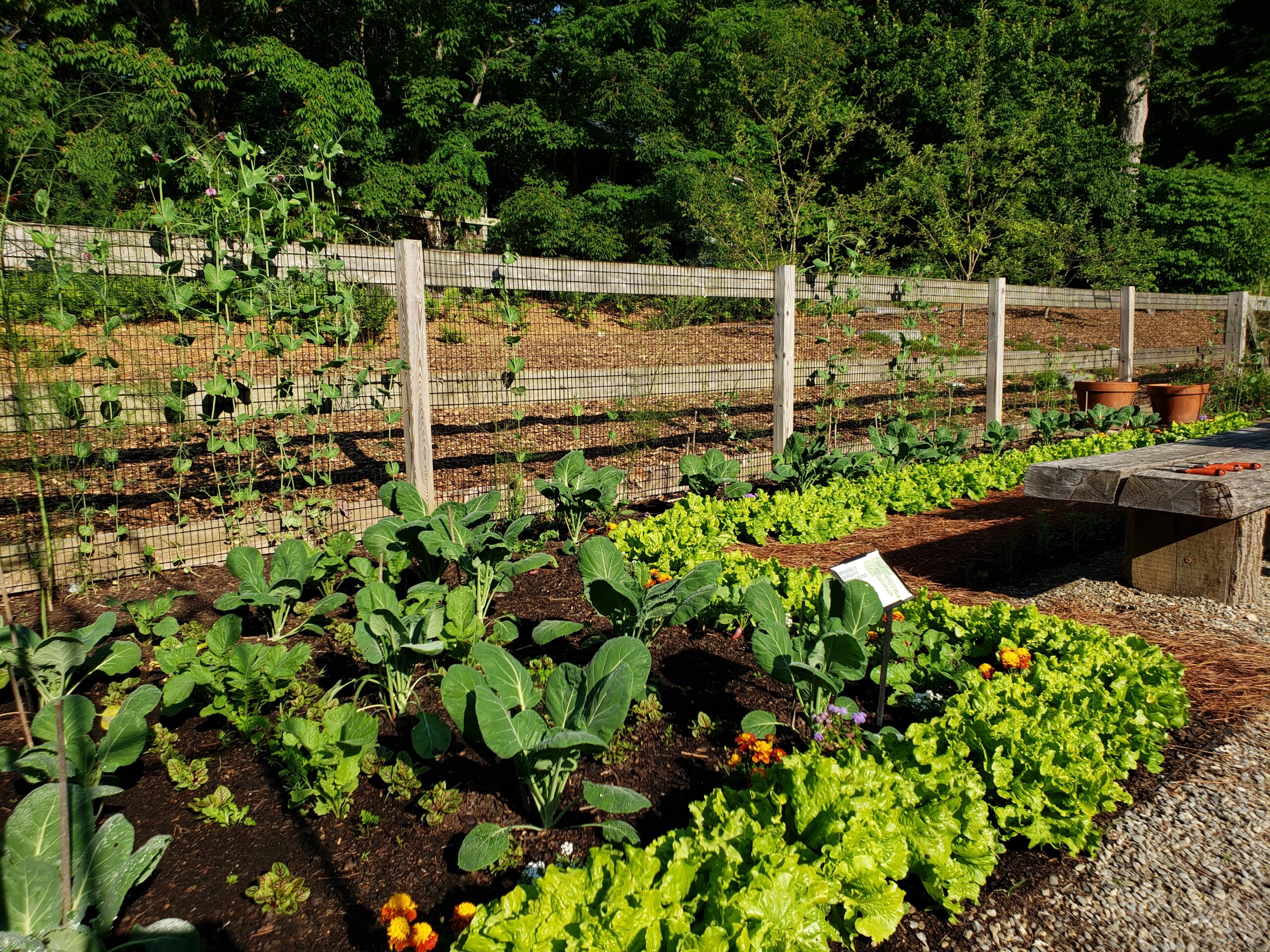
4. Grow climate-wise varieties. Plants like ‘slow bolt’ cilantro and spinach ‘dash’ are hopefully more heat resistant and will keep their cool when temperatures climb. The longer they keep from bolting (or sending up a flower stalk), the longer they can continue to produce.
5. Practice patience. This is a good idea no matter what nature sends your way. Gardening is the art of patience in practice.
Where does the harvested food go?
As of the end of June 2023, we’ve successfully donated just over 489 lbs. of produce to the Media Food Bank. We’ve also added a donation recipient as well! Each week when we harvest, we inevitably bring in food that we can’t send for human consumption – greens that have too much insect damage, radishes that our wildlife visitors have already chewed on, carrots we needed to thin – you get the idea. These items used to end up in our compost bin, but this year we’re donating this otherwise inedible produce to the wildlife at Briar Bush Nature Center! Briar Bush is home to several turtles, a skunk, an opossum, rabbits, rats, and more. These animals cannot be released into the wild and serve as animal ambassadors for their educational programs.
We’re excited to see what July brings to the garden. We anticipate a bounty of produce that we are excited to share with our neighbors – human and animal. Stop by next time you’re at Tyler – we’d love to show you around the garden.


